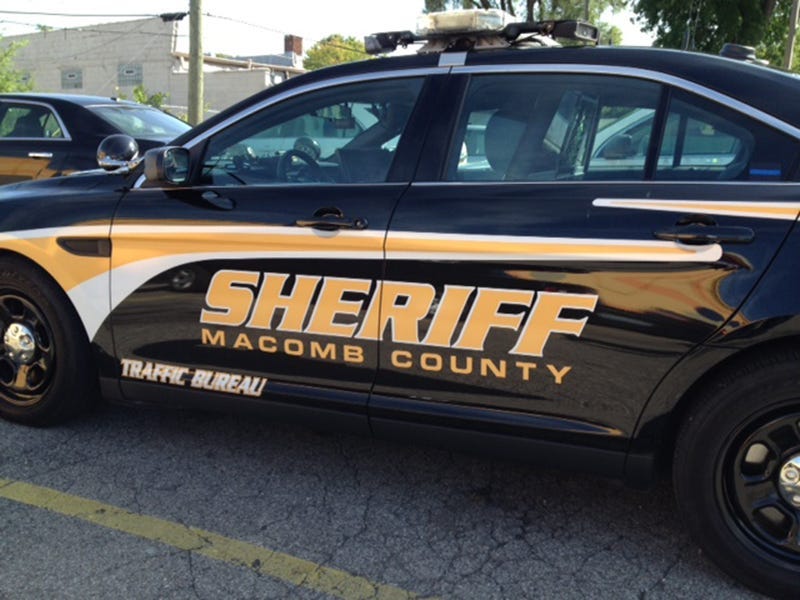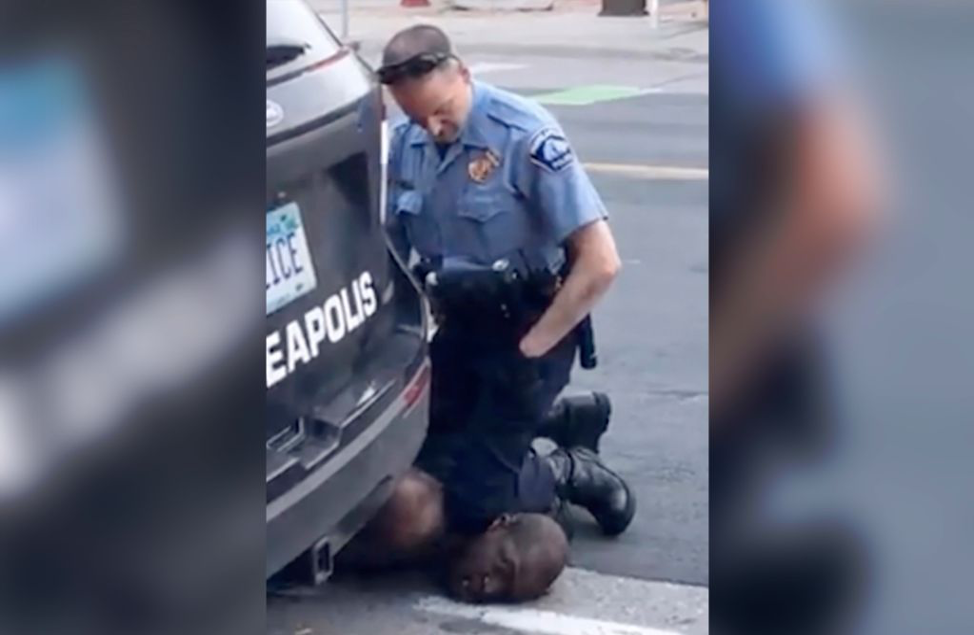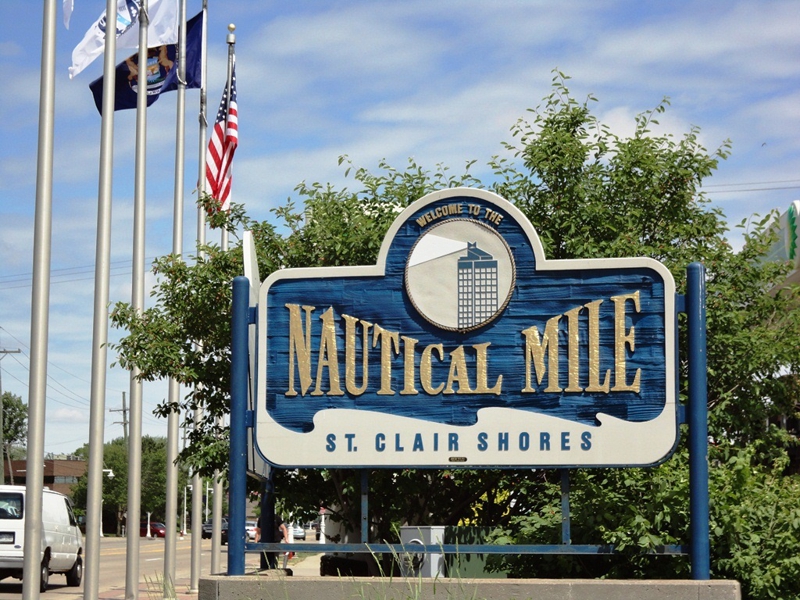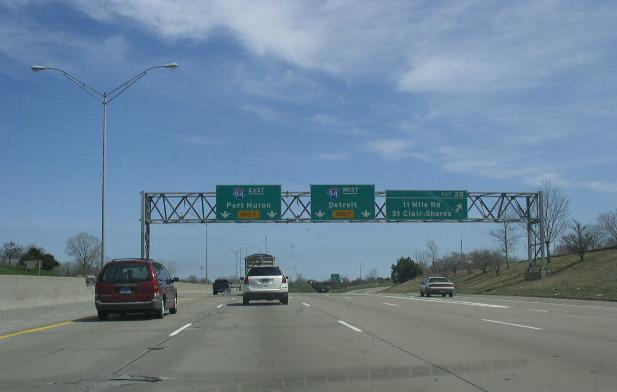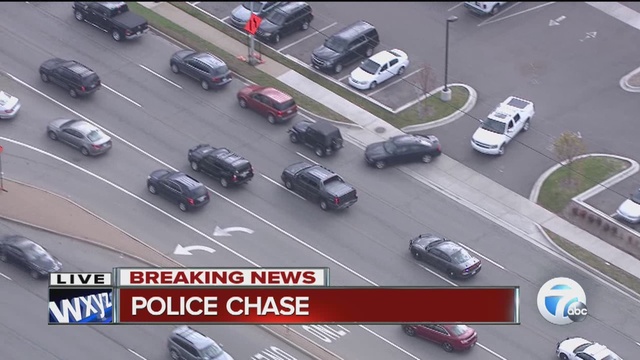Royal Oak is a great place to live, work or visit. The City of Royal Oak is centrally located in Oakland County with a wide range of restaurants, bars and boutiques. Royal Oak gets its share of visitors from just about everywhere including from out of state and Canada. Royal has a vibrant downtown which offers a wide range of things to do. Here are some resources of the attractions and things to do in Royal Oak:
- Mark Ridley’s Comedy Castle
- Royal Oak Music Theatre
- Hyatt Place – Detroit Royal Oak
- National Shrine of the Little Flower Basilica
- Woodward Dream Cruise
- Red Coat Tavern
- Trip Advisor Best Bars and Clubs in Royal Oak
- Trip Advisor Restaurants in Royal Oak
The bars are clubs in Royal Oak are some of the best in Metro Detroit. Getting in trouble after you leave the bars is always unfortunate and can ruin an otherwise good time. If you manage to get into trouble in the City of Royal Oak for a drunk driving, disorderly conduct, misdemeanor or felony, you can expect to be required to appear for court proceedings at the 44th District Court. Court proceedings may be scheduled for a remote (ZOOM) or in-person appearance.
The 44th District Court Covers Criminal Docket for the Cities of Royal Oak and Berkley
The 44th District Court is located at 400 E 11 Mile Road, Royal Oak, MI 48067, Phone: 248-246-3600
Speaking from experience, consider yourself lucky if you get into trouble in Royal Oak and not some other district. The Judges in Royal Oak are the most pleasant and amongst the fairest Judges that you will find anywhere in Michigan. There are two (2) Judges that preside over cases at the 44th District Court. Based upon our experience handling criminal cases in the 44th District Court, the Judges are some the best in Michigan and they will bend over backwards to give a person a break when one is deserved. Depending on the circumstances our office may proactively recommend specific programs (substance abuse, anger management, impulse control) if we believe that it will help our clients avoid future problems and when proactive measures can be used in the court system.
Links to the 44th District Court:
Court Process for Misdemeanors in the 44th District Court
- The court will advise you of your charges.
- You will be required to enter a plea (we ALWAYS plead not guilty or stand mute).
- The court will establish bond conditions such as alcohol testing.
- Your next court date will be scheduled.
- EtG (urine) test: EtG is used to detect recent alcohol consumption in a urine sample. The test can confirm that there has been alcohol in the body up to five days after consumption.
- Random Alcohol Testing: A device called a breathalyzer is used to measure blood alcohol content (BAC) from a sample of air exhaled from a person’s lungs. You may be asked to provide random breath test samples at a designated location on a breathalyzer instrument.
- SCRAM Monitor: SCRAM Continuous Alcohol Monitoring ankle bracelet provides continuous transdermal alcohol testing for by automatically sampling the wearer’s perspiration every 30 minutes. Some clients prefer SCRAM Monitoring over other methods of testing while others claim that it is embarrassing and uncomfortable.
- SoberLInk: This is the handheld breathalyzer that fits in a pocket or purse and requires breath samples at various intervals during the day. It uses facial recognition and the information is downloaded to the provider.
- Court fines and costs approximately $1,000 – $1,500.
- Probation for a period of not to exceed two (2) years (probation is not likely to be scheduled for more than one (1) year unless there are aggravating factors).
- Continuation of testing for alcohol
- Possible: Attendance of a substance abuse program, Impact Panel, Alcohol Awareness Class.
- Possible: Community service.
- Probation may be non–reporting or reporting (reporting probation is not a big deal and only means that you have to report to the probation officer once per month).
- You may file for early termination of probation after you have served 50% of the total term of probation without any major violations.
- If you intend to travel out of state while you are in the court system (on bond or during a period of probation) you will need to file a request to travel with the court . The Court may require you to continue testing while you are traveling.
- Oakland County WWAM community service.
- Restitution for any damages or injuries.
- Municipal response (police) costs.
Disorderly conduct is a criminal offense which is classified as a misdemeanor. It is also one of the most common crimes that we frequently see on the 44th District Court dockets along with drunk driving and domestic violence.
What is Considered Disorderly Conduct in Royal Oak?
Legally speaking, the City of Royal Oak defines Disorderly Conduct as follows: § 278-35. Disorderly conduct
A person commits the offense of disorderly conduct if he or she:
A. Engages in fighting or in violent, tumultuous or threatening behavior;
B. Makes unreasonable noise which tends to cause a public danger, alarm, disorder or nuisance;
C. Uses threatening, abusive or obscene language or makes an obscene gesture, which by their very use inflict injury or tend to incite a breach of the peace;
D. Without lawful authority, disturbs any lawful assembly or meeting of persons;
E. Obstructs vehicular or pedestrian traffic;
F. Possesses or consumes alcoholic liquor in any public park, public place of amusement, or area under the jurisdiction of the City of Royal Oak that is owned and/or administered by the City of Royal Oak;
G. Urinates in a public place, except at public toilets.
H. Engages in an illegal occupation or business;
I. Loiters in a house of ill fame or prostitution or place where prostitution or lewdness is practiced, encouraged, or allowed;
J. Knowingly loiters in or about a place where an illegal occupation or business is being conducted;
K. Is found jostling or roughly crowding people unnecessarily in a public place;
L. Commits the offense of failure as a disorderly person to disperse if he or she participates with two more other persons in a course of disorderly conduct likely to cause substantial harm or serious inconvenience, annoyance or alarm, and intentionally refuses or fails to disperse when ordered to do so by a peace officer or other public servant engaged in executing or enforcing the law;
M. Permits or suffers any place occupied or controlled by him or her to be a resort of noisy, boisterous, or disorderly persons.
N. A person commits the offense of public intoxication if he or she appears in a public place under the influence of alcohol, a controlled substance, other drugs or combination thereof and he or she is either endangering directly the safety of another person or of property, or is acting in a manner that causes a public disturbance.
O. Commits the offense of window peeping.
Examples of Disorderly Conduct, Public Intoxication Cases, Peeing in Public
Practically speaking, the disorderly conduct state statute and local city ordinances cover a wide range of behavior that many might not realize amounts to criminal activity. There are a several scenarios that can result in being charged with disorderly conduct (a/k/a drunken disorderly or public intoxication). Here is just of sample of cases that we have seen:
- Getting forcibly removed from a bar, only to find the police outside, who witness the scene and issue a disorderly citation.
- Creating a disturbance of any kind, or fighting, after consumption of alcohol.
- Entering the wrong house in a neighborhood after consuming alcohol (this happens more often than you would think).
- Laying down on the sidewalk intoxicated or vomiting in a public place.
- Having sex in public (which can also lead to more serious sex crimes such as indecent exposure or gross indecency).
- Peeing in public.
Disturbing the peace is another prevalent misdemeanor crime that occurs in situations where a person is overly boisterous in public place. Disturbing the peace is a 1931 law which is found at MCL 750.170 and states as follows:
Felony Charges possible if conduct gets out of hand
The very nature of disorderly conduct, in our opinion, is that it is a fallback charge when conduct does not rise to the level of a more serious crime. Word to the wise, if being questioned by police, be be polite and orderly. Lashing out towards law enforcement can turn a 90 day disorderly conduct misdemeanor charge into a felony such as resisting and obstructing which can carry 2 years in prison. Likewise, driving off or running from the police is always a bad idea because once apprehended, the offender can be charged with fleeing and eluding, a felony with various penalties. It is also important to know that you are never required to make a statement or talk to the police if you are questioned. You have a constitutional right to remain silent.
Hot Spots for Disorderly Conduct: Royal Oak, Ferndale, St. Clair Shores, Utica, Detroit
Mostly, we see disorderly conduct, or alcohol related cases (urinating in public, indecent exposure), arising in areas where there is a concentration of bars and people are assembled on the streets for various reasons. There is no limitation to where a disorderly conduct offense can occur. Nonetheless, the vast majority of cases occur in areas which offer a popular bar/nightclub scene like Royal Oak, Detroit, St. Clair Shores (Nautical Mile), downtown Utica, and downtown Ferndale. Detroit sports venues and sports bars are also places where the police are watching and charging exuberant fans with disorderly conduct. While disorderly conduct cases are always one of the most prevalent on every district court docket, I would say that we see more of them occur on the Wednesday before Thanksgiving (one of the biggest ‘bar nights’) and Tigers opening day, than at any other time.
HYTA or Delayed Sentence Statute Utilized to Get a CASE DISMISSED!
Most of the people we see charged with this offense are young adults at a crucial stage in life working towards a college degree or advancing in a career. If you are charged with Disorderly Conduct, do not make the fatal mistake of pleading guilty without first knowing all of your options. Contacting an experienced criminal defense lawyer should be your first priority. You may be eligible for HYTA if you are age 18 but before age 26. HYTA allows a youthful offender to have a criminal case sealed and expunged at the end of a period of probation. There are other provisions of law that can be utilized to get a case dismissed such as a delayed sentence or diversion.
 Michigan Criminal Lawyer Blog
Michigan Criminal Lawyer Blog



